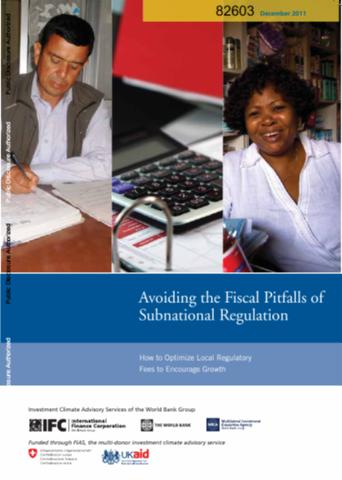Analysis of cadastral assessment model and improvement proposals for building land
Cadastral valuation model for building land has been approved by Regulations of Cabinet, and is expressed by a mathematical formula. The elements of cadastral valuation model for building land are the following: the base value of the building land, the land area under jurisdiction conditioned by the purpose of use, correction coefficient of the area, the correction coefficient accounting for the changes in the market, the correction coefficient of encumbrances and the correction coefficient of pollution.



